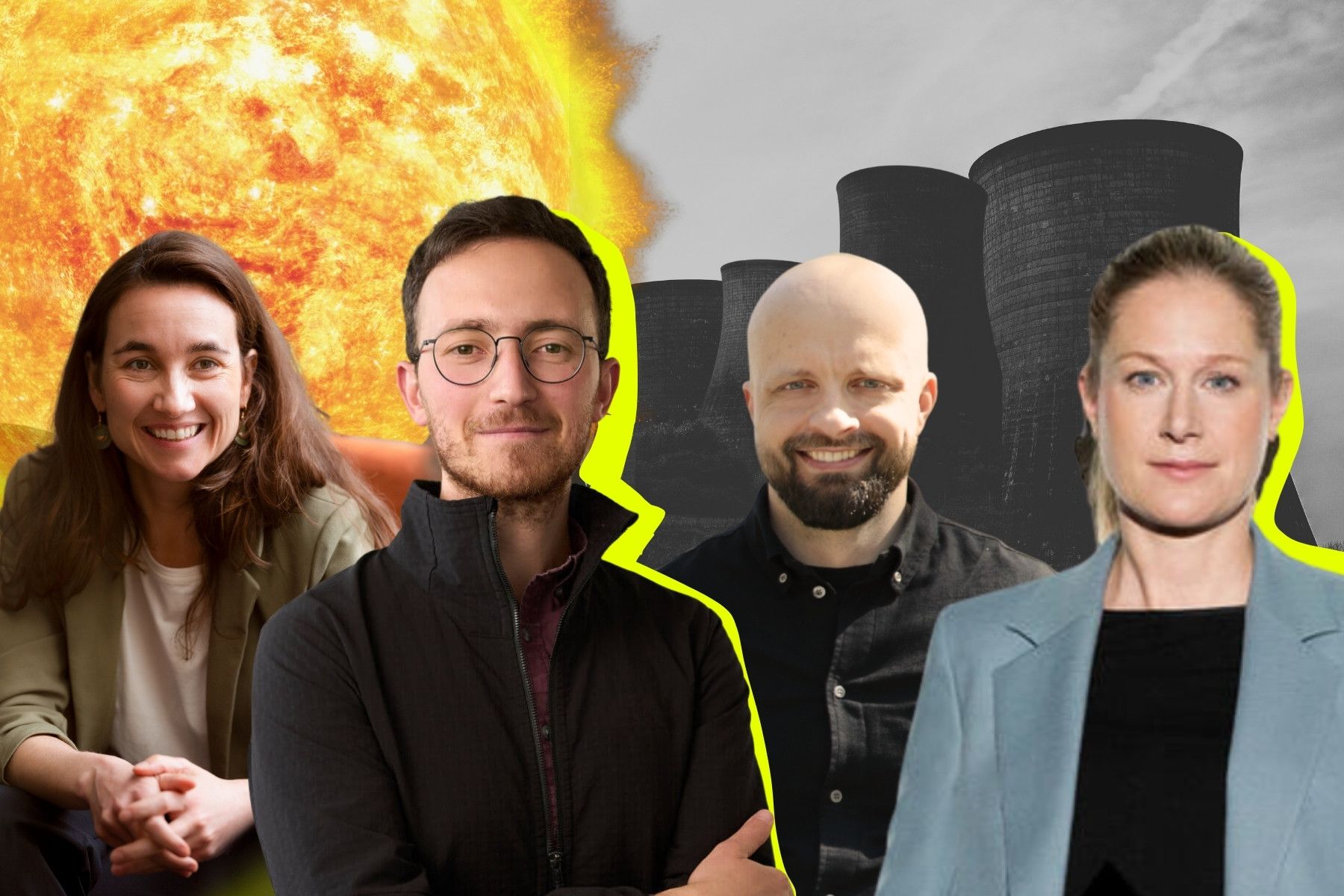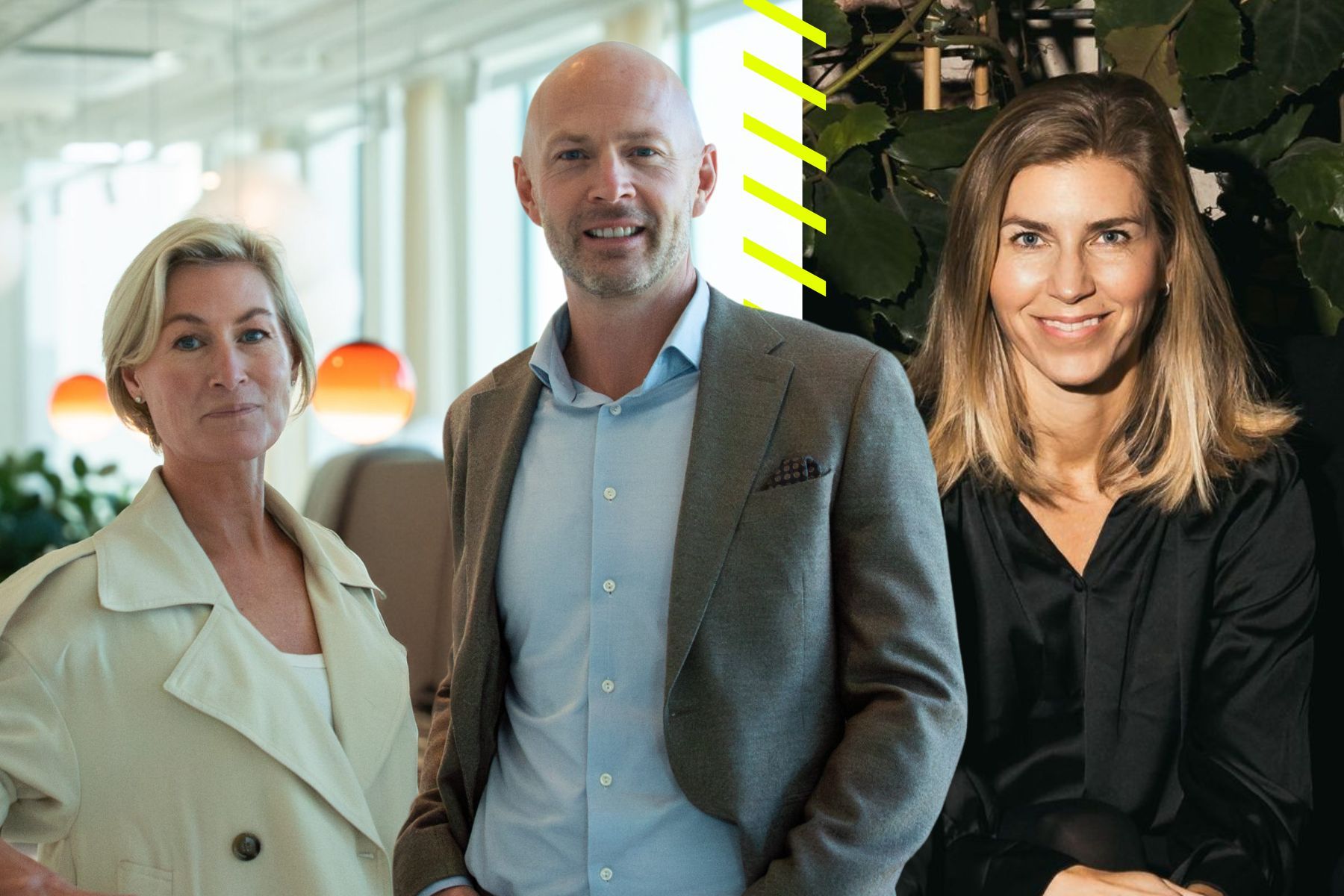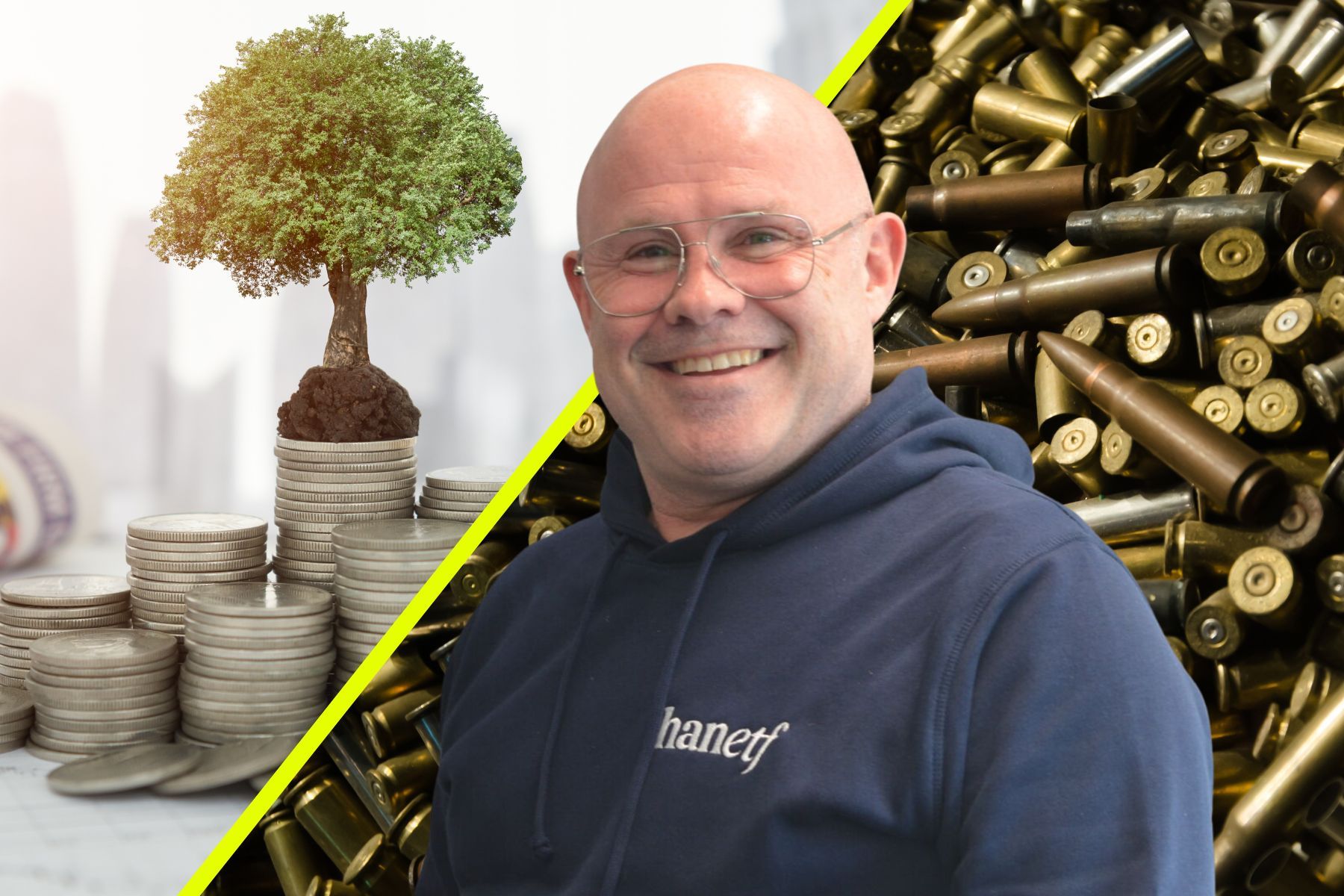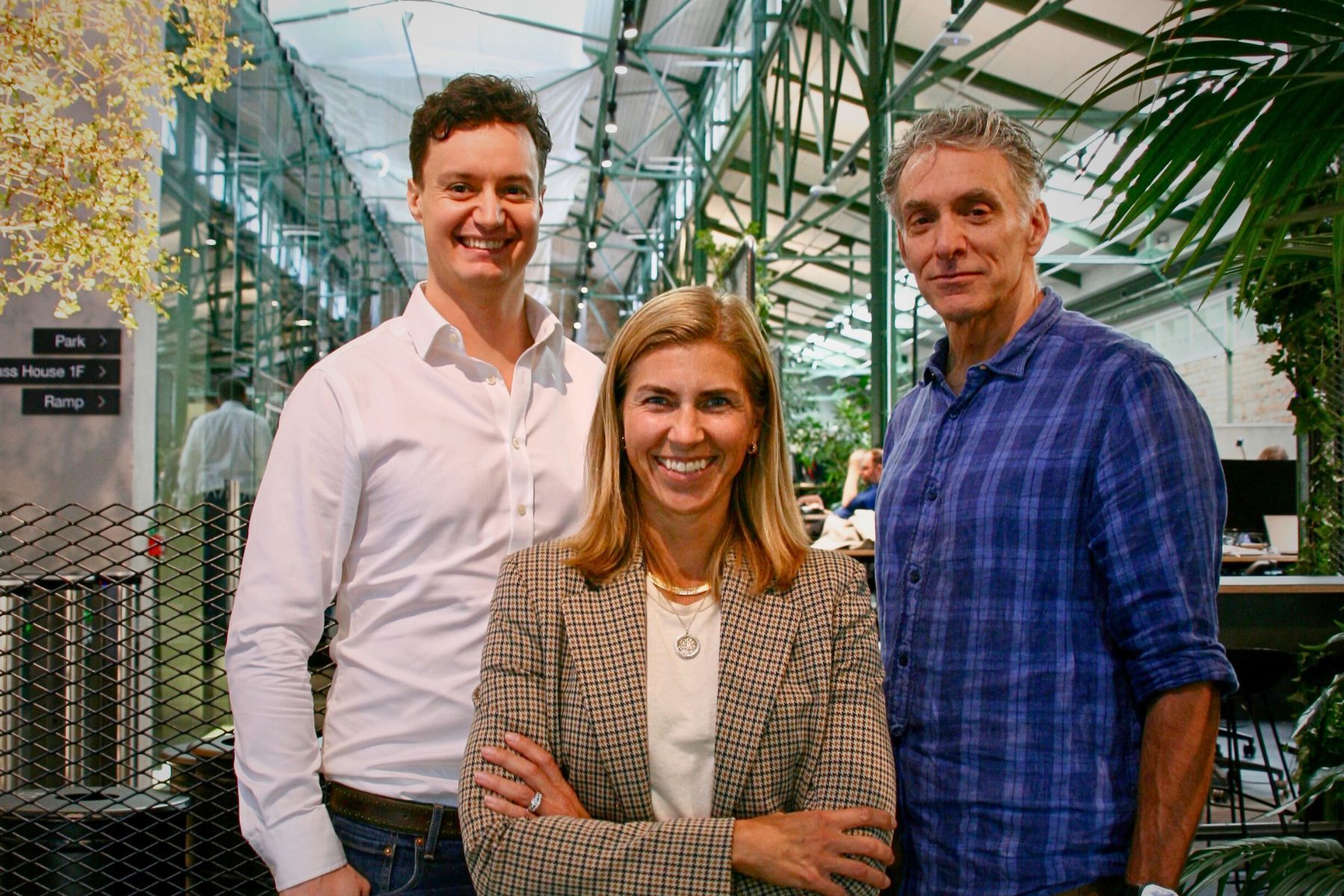UK climate tech outperformed broader Europe in 2025 – why?

UK climate tech startups are weathering Europe’s sharp investment downturn, posting a far softer drop in funding than major markets across the continent. Why could that be?
.png)

The UK is bucking the wider downturn in climate tech funding with a much softer drop this year than seen in other European countries including Germany, France, and Sweden.
Climate tech funding in Britain has slipped 17% this year, from $2.9bn in 2024 to $2.4bn, according to Dealroom data.
Across Europe, VC investment in clean technologies has dropped much more sharply, from $13.6bn in 2024 to $8.9bn this year, a decline of roughly 35%.
On a country level, Germany’s total fell from $2.7bn to $1.4bn, a 48% drop. France went from $2.2bn to $1.3bn, a decline of around 41%, while Sweden fell from $1.2bn to $724m, or about 40%.
Why has British climate tech remained relatively strong?
Part of the answer is timing. In Germany, France, and Sweden, climate tech dealflow peaked in 2021 and declined thereafter. In the UK, however, funding activity peaked two years later. It has fallen since then, from $5.6bn in 2023 to $2.9bn last year, and could fall further if it eventually follows the same pattern as other European markets.
A closer look at the data shows another factor. Many of the record figures in other European countries were boosted by unusually large rounds. In Sweden, Northvolt and Stegra alone raised billions of euros in 2021. In Germany, the pandemic-era mobility boom produced big rounds for likes of shared e-scooter firm Tier and air taxi startup Volocopter, which has since gone bankrupt.
In the UK, funding for climate tech has been driven largely by energy tech. Demand in this area has stayed relatively steady, helped by the increasing role of private companies in the UK’s energy market, including Octopus Energy and Ovo Energy.
Fuse Energy, a challenger to Octopus Energy, is currently in talks to raise $100m at a valuation of about $5bn – despite being founded just three years ago.
Another corner of climate tech that has remained relatively resilient is software, which has likely benefitted from the wider surge of investment into AI. CuspAI, which uses machine learning to discover new green materials, raised $100m this year from investors including Northzone and Temasek.
EV charging tech and startups in mobility are also raising big rounds in the UK. HIVED, which runs a zero-emission parcel delivery fleet, raised $42m in July from the likes of NordicNinja VC and Planet A Ventures. Meanwhile, Nyobolt, which develops fast-charging batteries for EVs, raised £22.7m from LocalGlobe and IQ Capital.
Pictured: Michelle You and Aaron Randall (Supercritical); Sai Shivareddy (Nyobolt); Asif Ghafoor (Be.EV); Murvah Iqbal (HIVED); Chad Edwards (CuspAI)
Get full access to Europe's new platform for impact news
- Quality journalism, interviews, investor profiles and deep-dives
- Daily newsletter with top stories, latest funding rounds and roundup to keep you in the loop
Keep reading – get in the loop!
- Håll dig i loopen med vårt dagliga nyhetsbrev (gratis!)
- Full tillgång till daglig kvalitetsjournalistik med allt du behöver veta inom impact
- Affärsnätverk för entreprenörer och investerare med månatliga meetups
Fortsätt läsa – kom in i loopen!
- Håll dig i loopen med vårt dagliga nyhetsbrev (gratis)!
- Full tillgång till daglig kvalitetsjournalistik med allt du behöver veta inom impact
- Affärsnätverk för entreprenörer och investerare med månatliga meetups








